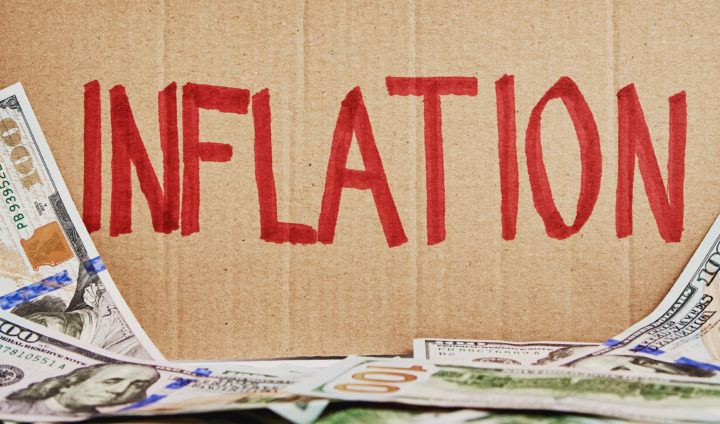Official data reveals a significant decline in Britain’s annual inflation rate for July, marking a 15-month low, primarily driven by reduced energy costs and aligning with economists’ forecasts. The Office for National Statistics (ONS) reported that the Consumer Prices Index (CPI) increased by an annual rate of 6.8 percent, down from June’s 7.9 percent, providing some relief to the country’s cost-of-living concerns. This trajectory matched the predictions of analysts, including the Bank of England, which had anticipated the 6.8-percent rate. The decrease follows a larger-than-anticipated drop in June, where the CPI fell by 0.8 percent.
Despite multiple key interest rate hikes by the Bank of England in a bid to curb inflation, the UK has sustained the highest inflation rate among G7 nations for several months. While gas and electricity prices experienced a decline in July, food prices continued to rise, albeit at a slower pace than the same period in the previous year. ONS Deputy Director of Prices, Matthew Corder, highlighted that inflation decelerated for the second consecutive month, primarily due to decreases in gas and electricity costs. Although food price inflation remains relatively high, it has eased, particularly for items such as milk, bread, and cereal. Core inflation remained stable in July, with the drop in goods costs being offset by higher service prices.
Prime Minister Rishi Sunak has set an objective of halving inflation to around five percent by 2024 through the current year. Despite the Bank of England’s projection that inflation could rise again in the upcoming month due to the impact of public sector pay raises, Sunak remains steadfast in his belief that Wednesday’s figures demonstrate the effectiveness of his plan. However, the Institute for Fiscal Studies (IFS) expresses skepticism regarding the persistently elevated rate of price inflation for goods and services beyond food and energy, which poses a threat to meeting the target. While Finance Minister Jeremy Hunt welcomes the latest CPI data, he emphasises that the journey towards the Bank of England’s two percent inflation target remains ongoing.
Recent data also indicates an increase in UK unemployment during the three months ending in June, alongside record annual wage growth. The series of interest rate hikes since late 2021 has led to widespread financial challenges, particularly within the mortgage market, as commercial lenders raise rates on home loans. Despite the July CPI figures, it remains uncertain whether a further rate increase will be averted when the Bank of England’s monetary policy committee convenes in late September to decide on potentially raising the current base rate of 5.25 percent.







